From the Dean’s Desk
Dear Friends in Christ,
The theme of ‘community’ is central to today’s liturgy. We read in the Acts of the Apostles of the fidelity that marked the early Christian community – a fidelity to the ‘teaching of the apostles, to the brotherhood, to the breaking of bread and to the prayers’ [Acts 2:42]. For the term ‘teaching of the apostles’ we can read: ‘the apostolic activity which continues the ministry of Jesus’; for ‘the brotherhood’, we can read: ‘a spiritual communion which allows for the sharing not only of material, but also spiritual goods and gifts; for the ‘breaking of bread’ we can read: ‘the Eucharistic presence of Christ’ in the communal celebration of Mass. This fidelity is enhanced and strengthened through a consistent and ongoing prayer life, both individual and communal. The example of such a faith-filled community allowed people to consider their lifestyle and want to be part of it. It can become for us a way in which we can examine our loyalty to the level of spiritual communion that is evident in our parish community.
St. Peter in the Second Reading [1 Peter 1:3-9] speaks of our new life in the Risen Christ. He speaks of a faith that will allow the power of God to protect us until the end of time. Is this a faith that marks out our individual and communal life? Do we need to adjust our life in this regard?
The Gospel today [John 20:19-31] has that familiar scene of Thomas doubting not only the vision of Jesus which the others had on the first day of the week – Easter Sunday, but in some ways doubting the very fact of the Resurrection, a central and fundamental item of faith for a Christian. Note then what the community does. There is no hint of dismissal or abandonment on their part of such an upstart and apparent non-believer, in the reaction of Thomas to the news of Jesus’ appearance. In the ensuing time between the two appearances of Jesus in this Gospel passage, one would assume that Thomas was ‘instructed’ and prayed over by and with, the others. He was accompanied in true communal love by his community. The strong sense of community allowed Thomas to then make his deep statement of faith: ‘My Lord and my God’. [John 20:28].
On this Sunday, Divine Mercy Sunday and the day on which John Paul II was beatified, we are asked to consider the level of our fidelity to the ways of Jesus and the way we are instruments of God’s divine mercy. The words of Jesus in today’s Gospel are addressed to us: ‘Happy are those who have not seen and yet still believe’ [John 20:29]. Here Jesus is speaking about us. We have not seen with our eyes the Risen Lord, but we still believe. Our being part of a practical faith community allows our faith in the Risen Lord to deepen. May Jesus, who showed such great mercy and love to Thomas, be with us in our times of doubt and uncertainty, to bring us to faith in his Resurrection.
Fr Robert Bossini
Dean and Parish Priest
